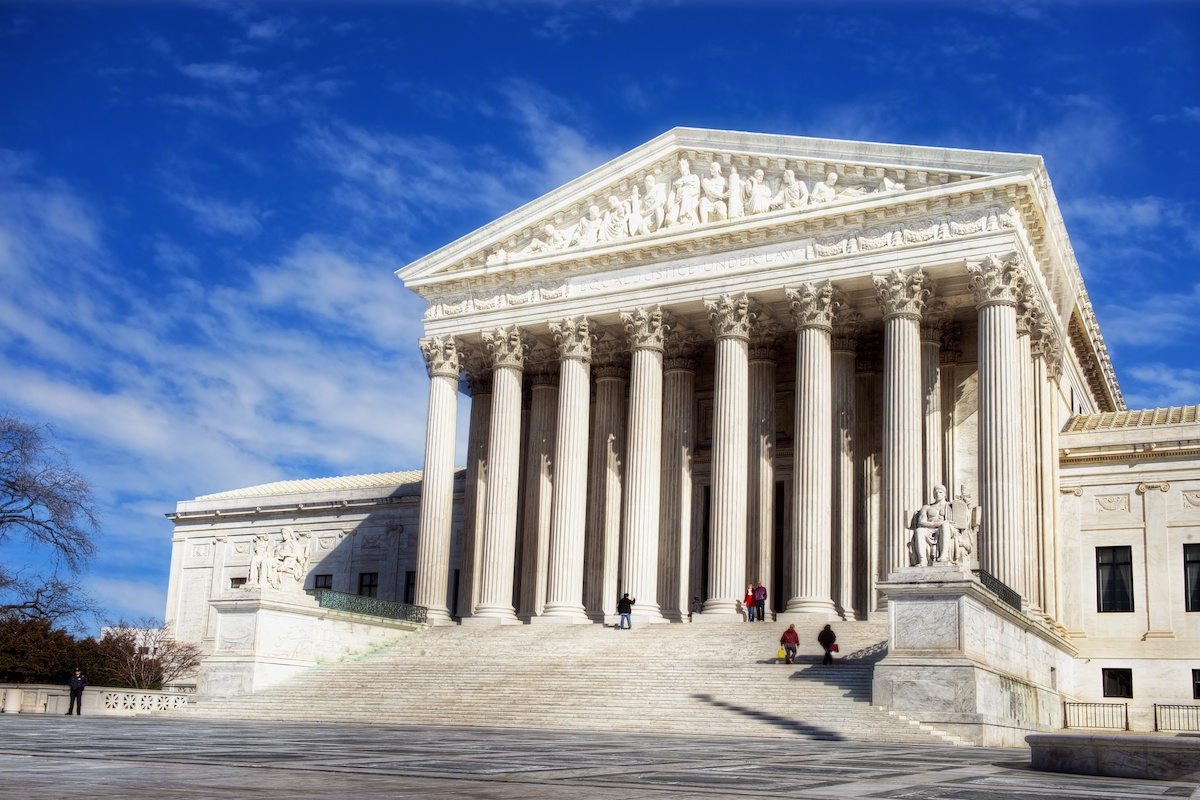This week is MAGAWeek2023, my celebration of the people and ideas that MADE AMERICA GREAT! Starting Monday, 3 July 2023, this year’s MAGAWeek2023 posts will be SubscribeStar exclusives. If you want to read the full posts, subscribe to my SubscribeStar page for as little as $1 a month. You’ll also get access to exclusive content every Saturday.
Another shamefully neglected figure in the annals of MAGAWeek is that of James Madison, the fourth President of the United States and the so-called “Father of the Constitution.” While Madison has graced the digital pages of this blog a number of times, he has yet to receive the biographical treatment—until today.
James Madison is one of the most fascinating of our Founding Fathers. He was among the youngest of the major Founders—Washington, Adams, Jefferson, Hamilton, et. al.—but his contributions to political and constitutional theory were profound. Indeed, his contributions to the Constitution were so significant, some political writers refer to our constitutional order as the “Madisonian order” or the “Madisonian system.”
It was Madison, for example, who argued that the sheer, physical size of the United States (which, at that time, extended to the Mississippi River) would preserve national unity, rather than undermine it. That insight was completely contrary to all of the wisdom of the ancient and early modern worlds, both of which argued—with a great deal of evidence—that a republican form of government could only exist on a very small scale. Eventually, the theory went, the rise of factions would rend a republic of any substantial size apart.
Madison argued the opposite: because of the nation’s massive size, it would dilute factions, preventing regional parties from forming. Through a system of federalism, in which each State would maintain significant local rights while enjoying representation in the national government, the States could make important, State-or-locality-specific decisions locally, while sharing the strength of a unified nation in foreign affairs and national defense.
Well, he was half right, anyway. National parties did emerge, and they enjoyed broad support across all regions. But regionalism set in regardless: the High Federalists in New England during the War of 1812 (which they derisively called “Mr. Madison’s War”); the Democrats in the South from the 1850s until at least the 1970s; the rural-urban divide between the modern Republican and Democratic Parties today; etc. That regionalism tended to be strongest, though, when the national government was overstepping its boundaries, or acting to the detriment of one region for the benefit of others (a key complaint of Southerners leading up to the American Civil War, for example, was that the Whig regime of extremely high tariffs was explicitly a national policy that benefited one region [New England and the Upper Midwest] at the expense of another [the South]).
But who was James Madison, this short (at 5′ 4″, Madison is our shortest president), shy nerd living in his parents’ home when he wrote the Virginia Plan for the Constitutional Convention?
To read the rest of today’s MAGAWeek2023 post, head to my SubscribeStar page and subscribe for $1 a month or more!









